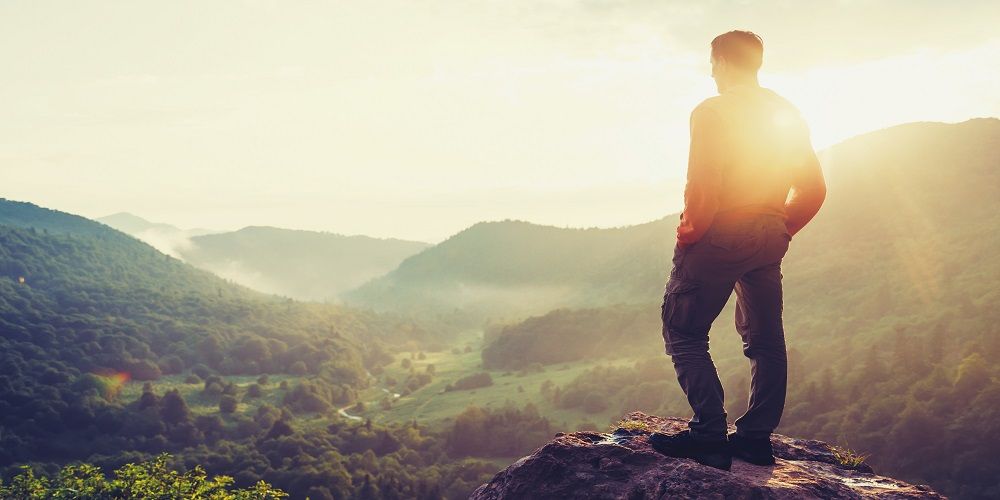For many travelers, vacations are synonymous with nature, the tranquil, striking landscapes that obliterate all familiar, everyday settings, but the intangible benefits people receive from exposure to these environs can be hard to quantify. That’s why researchers from the National University of Singapore (NUS), led by associate professor Roman Carrasco and Chang Chia-chen from the department of biological sciences at NUS Faculty of Science, dug deep, analyzing over 31,500 vacation photographs from 185 countries on social media with the help of AI technology to find out just how nature impacts wellbeing.
The Findings in the Report
According to an article in Science Daily, this undertaking revealed that photographs labeled with such tags as #fun, #vacations, and #honeymoons were often taken in countries like Finland and Costa Rica, beautiful places that garner high life-satisfaction scores in the World Happiness Report 2019, reinforcing the team’s discovery that the contentment of a country’s residents is directly linked to the amount of nature there is for them to access. These images are more likely to feature plants, water, and other nature visuals compared to those with more everyday tags, like #daily or #routines.
This finding, Science Daily continued, which is consistent across different countries, provides global evidence of biophilia hypothesis —human’s innate tendency to seek connection with nature—and implies a positive association between nature and fond memories. Constant travel might be impractical, so it would behoove employers to outfit their offices with biotech features like human-centered lighting or biomimicry-focused sound masking to simulate holiday vibes for employees easing their way back into a version of pre-pandemic work life.
As Carrasco said, “Our study brings to light the cultural and social values that nature brings to humans. It further emphasizes the importance of preserving our natural environment for the loss of nature may mean more than losing quantifiable economic and ecological benefits; it could also mean losing the background to our fondest memories.”
A version of this article was originally published on our sister site MyTech Decisions.






